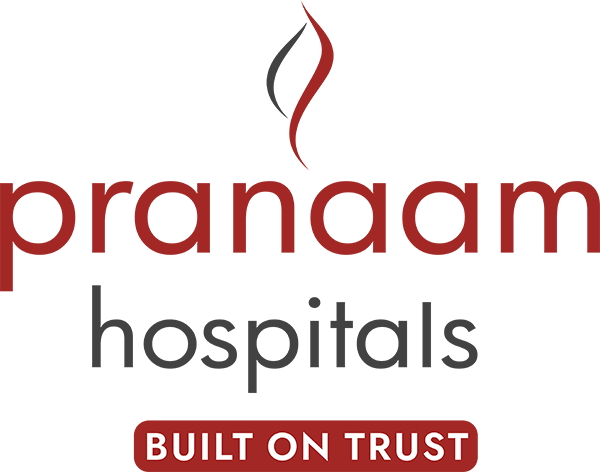Anal fissures are a prevalent but distressing condition impacting numerous individuals. It is essential to grasp the symptoms, causes, and preventive strategies to effectively manage this discomfort.
Symptoms of anal fissures commonly include:
– Discomfort during bowel movements
– Presence of bright red blood on toilet paper or in the stool
– Irritation or itching in the anal area
– Observable tear or crack in the skin surrounding the anus
Various factors can contribute to the development of chronic anal fissures, including:
Prolonged or recurrent constipation: Straining during bowel movements due to chronic constipation can trigger the formation of anal fissures.
Inadequate blood supply to the anal area: Insufficient blood flow to the anal region may impede the healing process of fissures, leading to chronicity.
Diarrhea: Persistent diarrhea can irritate the anal region, making it more prone to developing and perpetuating fissures.
Inflammatory bowel diseases: Conditions like Crohn’s disease and ulcerative colitis can cause chronic inflammation in the digestive tract, potentially resulting in chronic anal fissures.
Previous anal surgery or trauma: Prior surgical interventions in the anal area or traumatic incidents can contribute to the onset of chronic fissures.
Poor dietary habits: A diet low in fiber or excessive intake of processed foods can induce chronic constipation, heightening the likelihood of chronic fissures.
Seeking guidance from a healthcare professional is crucial for an accurate diagnosis and tailored treatment plan suited to individual needs.
Diet plays a significant role in the management of anal fissures. Consider the following factors:
Fiber Intake: A diet lacking in fiber can exacerbate constipation, worsening anal fissures. Increasing fiber consumption through fruits, vegetables, whole grains, and legumes can soften stools, easing passage and reducing strain on the anal tissues.
Hydration: Adequate hydration is crucial for maintaining soft stools. Drinking sufficient water helps prevent constipation, facilitating the healing of fissures.
Avoiding Irritants: Spicy foods, citrus fruits, and certain acidic or high-fat foods can irritate the digestive tract, potentially worsening anal fissures. Reducing or eliminating these irritants from the diet may alleviate discomfort.
Healthy Fats: Consuming healthy fats from sources like avocados, nuts, and olive oil promotes digestive health and may contribute to smoother bowel movements.
Incorporating these dietary adjustments can aid in managing anal fissures and supporting the healing process. However, consulting a healthcare professional or registered dietitian for personalized dietary guidance tailored to individual needs and health conditions is recommended.
Also Read: The Profound Benefits of Breastfeeding for Babies and Mothers
Paediatric Viral Infections


